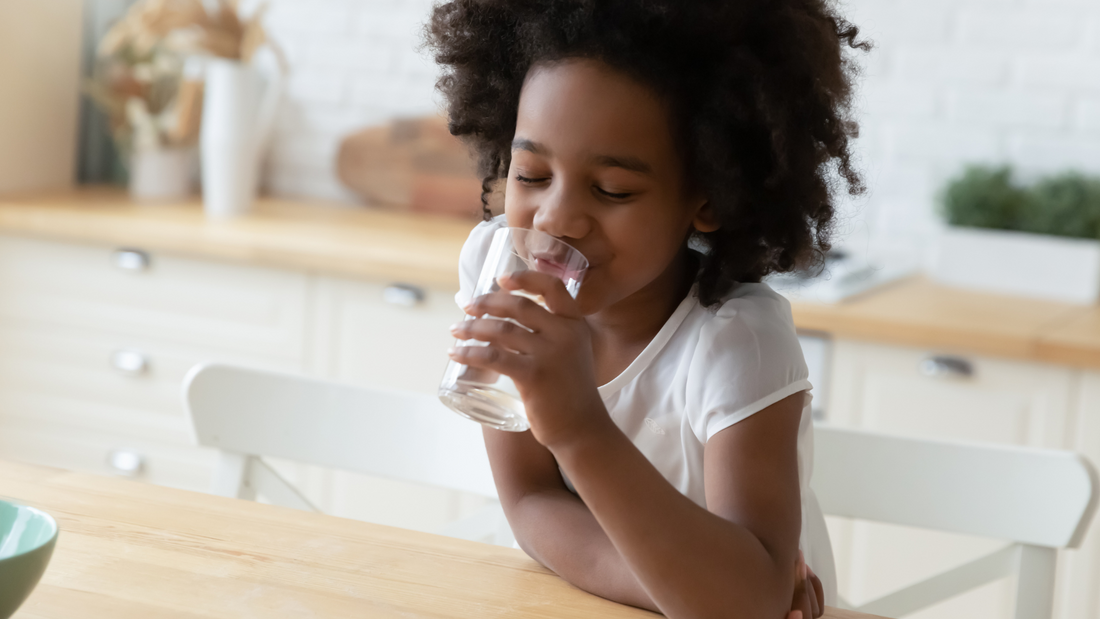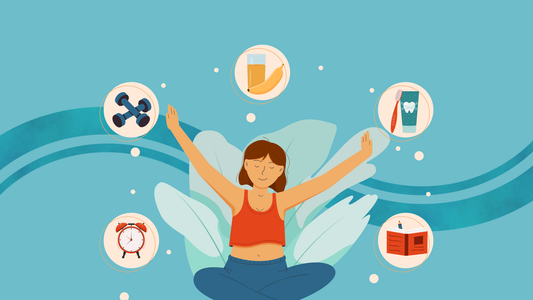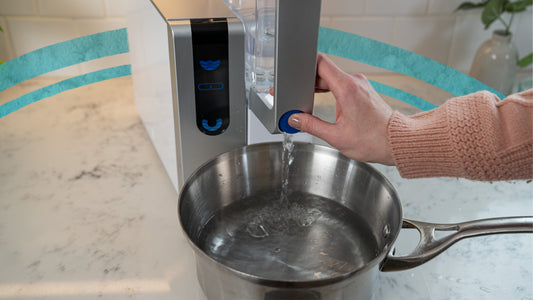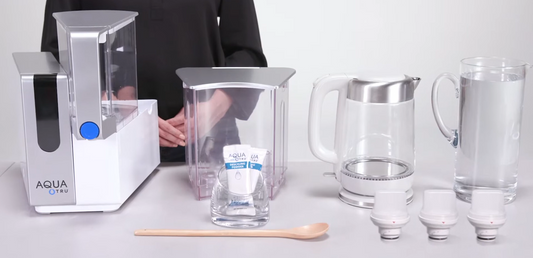Governments throughout the world have established different norms and guidelines when it comes to tap water. The guidelines for measuring and eliminating the contaminants from our drinking water differ for every country, and some might have better regulatory bodies than other. In this blog we zoom in on one of the countries to be known to have one of the best tap water supplies in the world. Read more to find out why this is relevant for you, even if you live in another country where chances are high that the tap water quality is worse.
The Netherlands is in the top 10 of countries with the cleanest drinking water in the world. And while it is true that we have relatively clean drinking water compared to other countries, this does not mean that the water that comes out of our taps is really clean. In recent years, more and more studies have shown that our tap water is polluted.
Clean tap water
It is said that the tap water in the Netherlands is extremely clean. This is because a handful of professional water companies work together. The Dutch landscape also plays a role in this: our small flat country is ideal for building up a good and solid infrastructure. Moreover, no chemicals are added to our drinking water and there are strict standards to prevent other potentially harmful substances from getting into our drinking water.
Pollutants
So in theory, the tap water would indeed be clean. But in practice, this is different. The National Institute for Public Health and the Environment (RIVM) conducted research in 2021 into the 216 drinking water extractions in the Netherlands. In 135 of these extractions, substances were found that should not be present in their amounts in drinking water. These include industrial substances, manure and medicinal residues. But nitrate, soil contamination and pesticides are also increasingly found in groundwater, which is largely the source of drinking water.
Pollution
But how do these substances end up in tap water? This happens in various ways. Agriculture plays a part in this. The use of nitrates and pesticides causes soil pollution, which can penetrate into groundwater. The use of geothermal energy and heat and cold storage can also degrade the quality of groundwater, because drilling sometimes has to be done through the protective clay layer. In the last few years, the ageing of our countries population has also had an increasing effect on the quality of our tap water. More and more elderly people are taking medication. The residues of this end up in surface water through faeces. As a result, our drinking water contains more and more medicinal residues.
Drought
But climate change also affects the quality of our drinking water. Take, for example, the River Maas, source of drinking water for over four million Dutch people. In times of drought, the demand for (drinking) water increases, while especially then, less water flows through the river. As a result, the concentrations of pollutants are higher, and drinking water companies have to work harder to produce clean drinking water.
About AquaTru
Dutch drinking water is 'relatively' clean. The water companies do their utmost to make the tap water as pure as possible. However, with the challenges described above, it becomes impossible to filter all harmful substances from the water. In many other countries chloride is also added to the tap water to make it bacteriologically safe. Chloride is devastation for your gut and it’s microbiome. Therefore, filtering your tap water is an absolute necessity. With the AquaTru, you can be sure that you are getting pure and clean drinking water, without any harmful substances. The AquaTru has been scientifically tested by independent organizations and has been proven to remove up to 99% of all harmful substances from tap water.
Are you curious about the possibilities? Contact the specialists of AquaTru without any obligations and who knows, you too will soon be drinking really clean drinking water!




